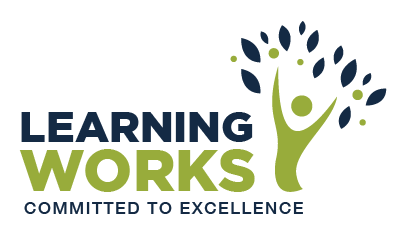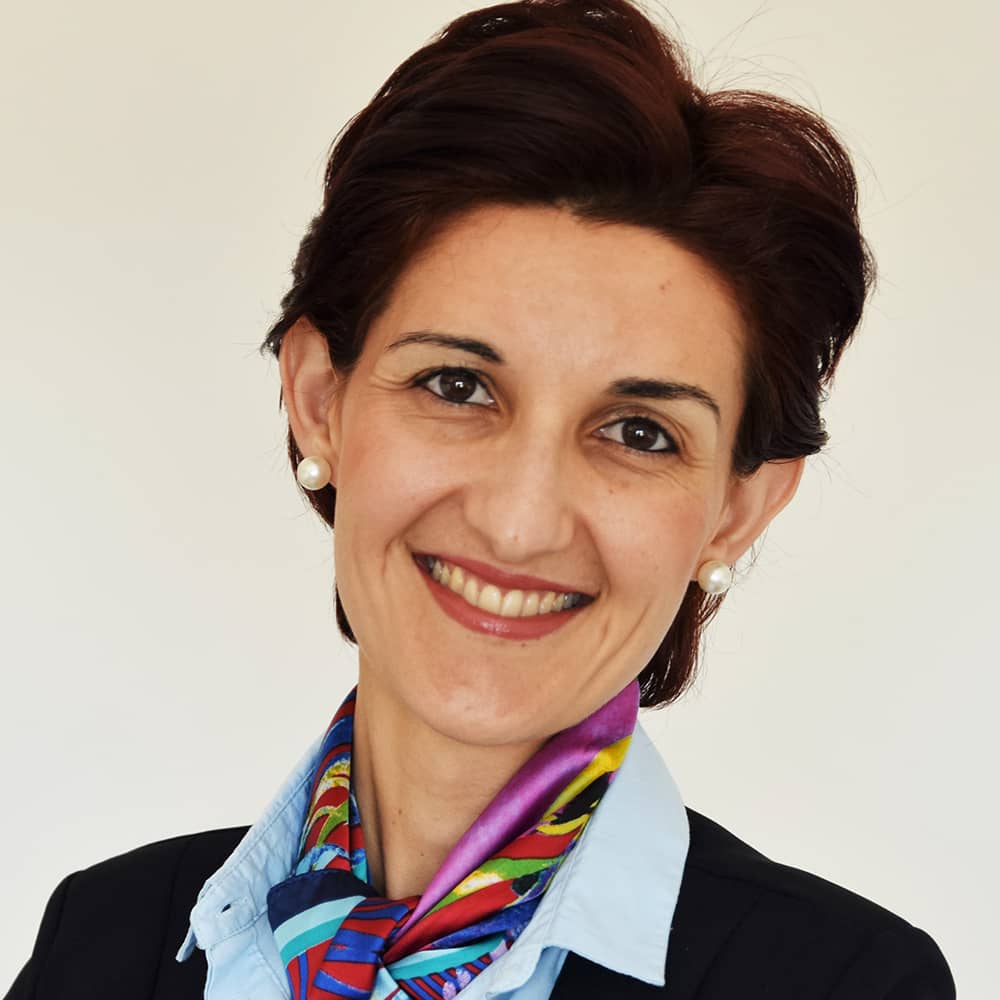Course Description
Nutrition plays a key role in the general well being of elderly people. The ageing process can lead to nutrition-related health problems including malnutrition, deviation from the recommended weight for height, and non-communicable diseases. There are various factors which influence the dietary lifestyle of the elderly including food availability and cost, together with psychological and social factors.
This course will provide students with knowledge about the macro- and micro- nutrients required for a balanced diet, together with awareness on how to prepare meals for the elderly based on the healthy eating plate model. This is coupled with awareness on how to adjust the elderly’s nutrition intake depending on the individual’s needs whilst ensuring accessibility and enjoyment of food. This programme also provides the skills required to identify malnutrition in the elderly through anthropometric measures and malnutrition screening tests.
The concept of artificial feeding will also be put forward, where oral, parenteral and enteral feeding will be discussed in various settings. Here the students will be provided with the skills required for each mode of feeding together with the protocols to be followed in order to prevent or limit complications.
Artificial nutrition can bring along difficult moral decisions especially when the elderly patient is approaching the end of life. In view of this, the course will discuss the main ethical issues that can be encountered during feeding of the elderly and explain what an ‘extraordinary measure’ of feeding is, whilst providing understanding of the issue ‘to feed or not to feed’.
During the course students will also have the opportunity to observe the various forms of artificial feeding in an elderly care setting through demonstrative educational videos
Learning Outcomes
By the end of the course programme, students will be able to:
- Communicate more effectively with elderly individuals under his/her care through the development of better communication and listening skills.
- Communicate more effectively with elderly individuals under his/her care through the development of better communication and listening skills.
- Work collaboratively with other practitioners caring for the elderly.
- Understand better the nutritional needs and challenges of the elderly.
- Reflect on personal knowledge, skills and practice for continuing professional development.
- Define and discuss major areas related to nutrition especially in relation to elderly care.
- Demonstrate knowledge about human physiology in relation to the digestive system and feeding .
- Apply theoretical knowledge to real world contexts in the field of nutrition and feeding in elderly care.
- Recognise how nutritional needs vary between the elderly.
- Implement the benefits of and indication for different feeding methods.
- Comprehend the main ethical issue that might need to be dealt with while feeding the elderly.
Target Candidates
This award is aimed at students who are interested in gerontology and geriatrics, who already possess a qualification in healthcare, nutrition or similar, and who are further interested in understanding the impact of nutrition in the elderly.
| Course Code | Duration | Credit Value | Next Intake | FT/PT |
|---|---|---|---|---|
| LW/HSC/007 | 6 months | 12 ECTS | February 2024 | PT |
| Contact Hours | Placement Hours | Self Study Hours | Assessment Hours | Total Learning Hours |
|---|---|---|---|---|
| 60 | 0 | 160 | 80 | 300 |
Mode of Training
Online lectures
Assessment
Assignments,
Case studies
Awarding Body
Learning Works
Lecturers
Course Structure
Module 1: Nutrition in an aging population (3 ECTS)
In this module, students will be able to understand the role that nutrition plays in the overall health and well being of the elderly. Knowledge about the macro- and micro- nutrients required for a balanced diet, together with awareness on how to prepare meals for the elderly based on the healthy eating plate model will also be provided. The role of hydration, especially in the elderly is also highlighted.
Dietary reference values for food energy and nutrients in the elderly population are covered. This is followed by awareness on how to adjust the elderly’s nutrition intake depending on the individual’s needs whilst ensuring accessibility and enjoyment of food.
In addition this module makes reference to physical activity and sports to complement a healthy balanced diet.
Module 2: Malnutrition in the elderly (3 ECTS)
This module provides knowledge on the physiology in feeding and swallowing, together with the processes involved in digestion, absorption and assimilation of food. This is followed by the understanding of the various nutrition limitations in the elderly, where the physiological, psychological and social aspects are tackled.
This unit provides students with the knowledge on how anthropometric measures are taken and how a malnutrition screening test is carried out. The students are also provided with the protocol to be followed when dealing with weight loss or weight gain in the elderly, and how to promote diet and lifestyle changes when there are chronic diseases such as hypertension, high cholesterol level and diabetes.
Module 3: Artificial Feeding (3 ECTS)
This module will provide an introduction to the concept of artificial nutrition, and the various forms of such feeding. The students are provided with the benefits of, and indications for the different kinds of artificial feeding. The module provides an explanation of the care required for each type of feeding, including the protocols to be followed for limiting or avoiding complications in artificial feeding. The unit will also expose the students to the various practitioners involved in providing artificial nutrition and feeding to the elderly.
Module 4: Ethics in Nutrition for the Elderly (3 ECTS)
This module will discuss the main ethical issues that can be encountered during natural and artificial feeding of the elderly. Students will be provided with the opportunity to discuss the ethical dilemmas encountered when an elderly person is on artificial nutrition. The unit also provides understanding of the issue ‘to feed or not to feed’ the elderly in a home, hospital or care centre, and explains the issue of what is an ‘extraordinary measure’ when talking about feeding.
Entry Requirements
Learners need to satisfy the following criteria:
- Ages 18 +
- Hold a MQF Level 3 qualification or equivalent preferably in an area related to healthcare, nutrition or catering
- Be able to communicate in the English Language
Digital competence is not a prerequisite for applying for this course.
However, since this programme may be delivered online, training on the use of Zoom and Learning Works VLE will be included in the induction session which precedes lectures.

